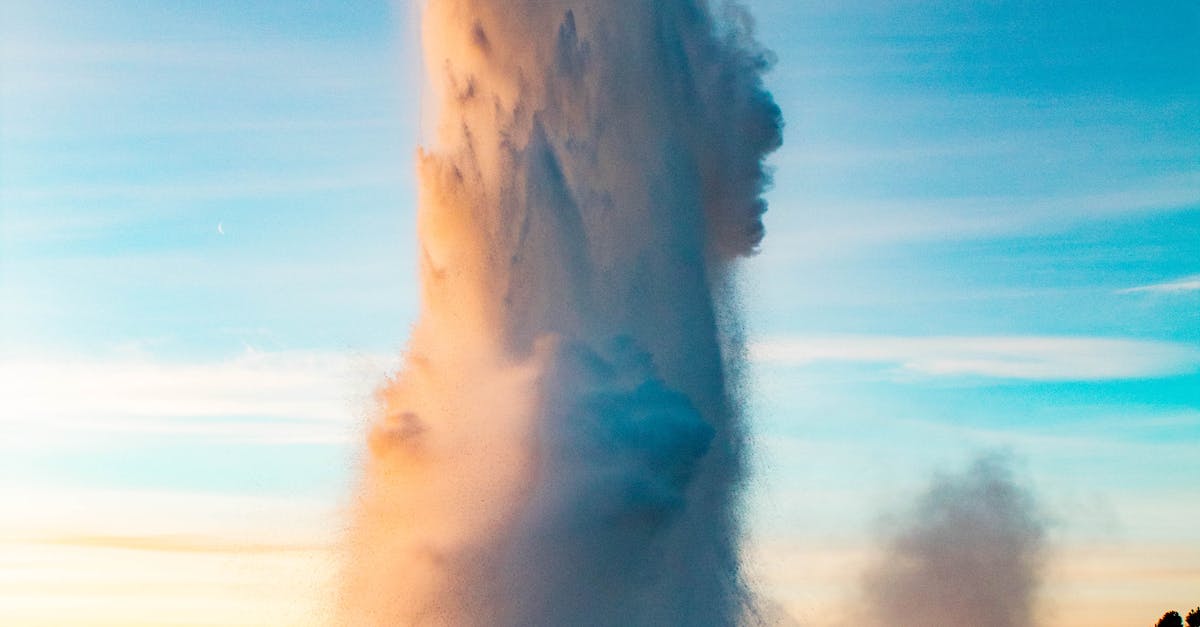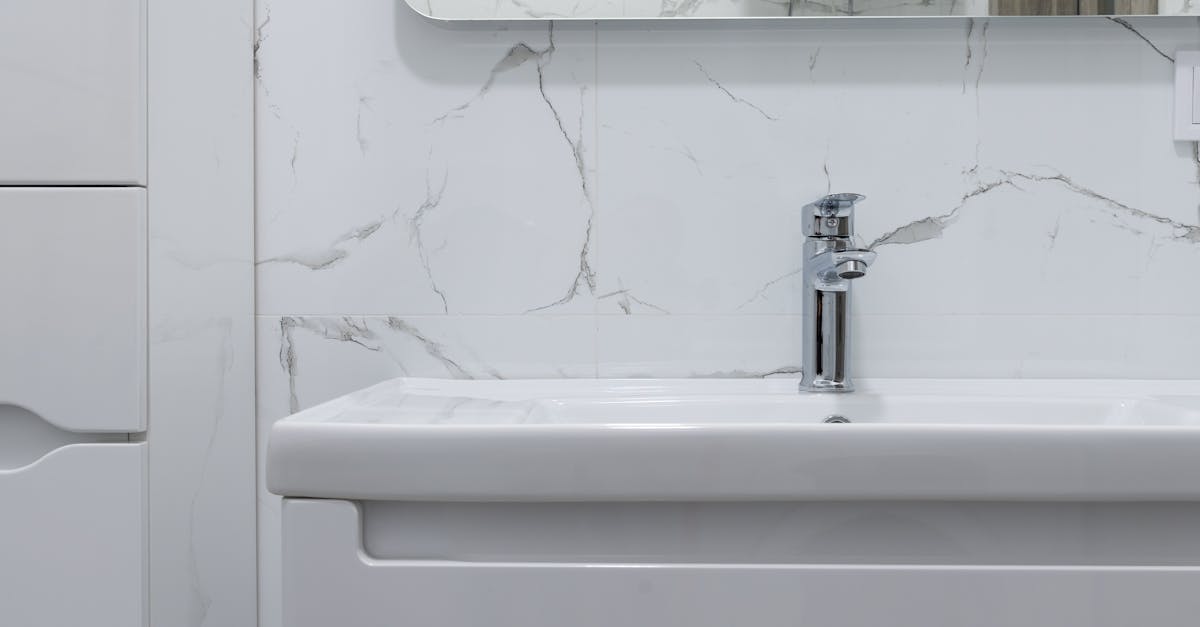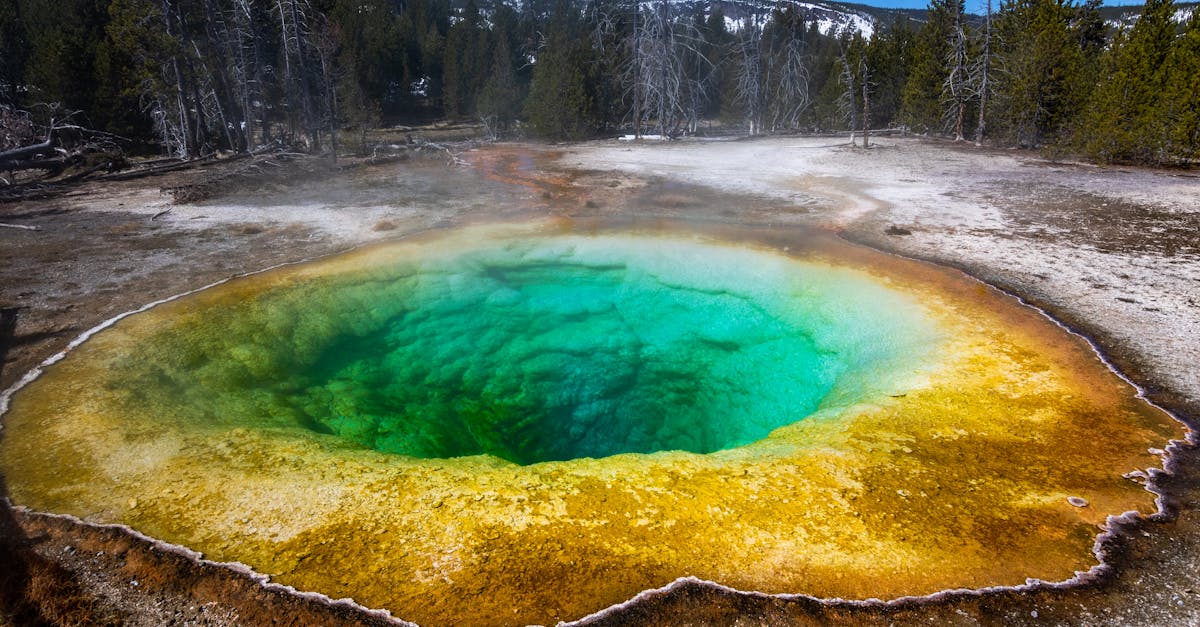
Table Of Contents
DIY Maintenance Tips
Hot Water System Troubleshooting can be a simple task to ensure your water heater is functioning optimally. Regular maintenance is essential in preventing issues with your hot water system. One important step is draining and flushing the water heater regularly to remove sediment buildup. This can help maintain the efficiency of the system and extend its lifespan. It is recommended to do this at least once a year to keep your water heater in good working condition.
Another DIY maintenance tip is to check for any leaks or unusual noises coming from the water heater. Inspect around the unit for any signs of water leakage, which can indicate a problem with the tank or pipes. Additionally, be attentive to any beeping sounds coming from the water heater, as this could be an indication of an issue that needs attention. Taking these simple steps can help you identify problems early and prevent costly repairs down the track.
Draining and Flushing the Water Heater Regularly
Draining and flushing the water heater regularly is crucial for maintaining its efficiency and longevity. Sediments and mineral build-up can accumulate over time, causing the water heater to work harder and potentially develop issues. By draining the tank and flushing out these deposits, you can prevent blockages, reduce noise, and ensure that your hot water system operates smoothly. Ideally, this maintenance task should be performed at least once a year to keep your water heater in optimal condition.
To start the draining and flushing process, begin by turning off the power supply to the water heater and allowing it to cool down. Next, connect a garden hose to the drain valve at the base of the tank and carefully direct the other end to a suitable drainage area. Open the valve to allow the water to flow out, flushing out any sediment present in the tank. Once the water runs clear, close the valve, remove the hose, and refill the tank before turning the power back on. Regularly draining and flushing your water heater as part of your Hot Water System Troubleshooting routine can help maintain its efficiency and prolong its lifespan.
Safety Precautions
Safety Precautions
When dealing with a beeping water heater, it is crucial to ensure your safety by following some essential precautions. Firstly, always remember to switch off the gas supply before inspecting the water heater. This step is vital to prevent any gas leakages or mishaps during the troubleshooting process. Secondly, make sure to wear protective gear, such as gloves and safety goggles, to shield yourself from any potential hazards that may arise while working on the hot water system troubleshooting.
Moreover, it is advisable to keep a fire extinguisher nearby as an added safety measure when dealing with your water heater. In cases where the beeping persists or the issue seems beyond your expertise, do not hesitate to seek professional help. By taking these safety precautions into account, you can effectively troubleshoot your water heater issue while ensuring your well-being is not compromised.
Turning Off the Gas Supply Before Inspection
When dealing with a beeping water heater, one crucial step in investigating the issue is to first turn off the gas supply before proceeding with any inspection. This safety precaution is essential as it helps prevent any potential gas leaks or accidents while examining the hot water system. Turning off the gas supply is a straightforward process that ensures the safety of both the individual inspecting the water heater and the surrounding environment.
To turn off the gas supply before inspecting a beeping water heater, locate the gas shut-off valve near the water heater unit. This valve is typically located on the gas line leading to the water heater. Carefully turn the valve to the "off" position, ensuring that it is securely closed to stop the flow of gas to the hot water system. By following this simple yet crucial step in Hot Water System Troubleshooting, you can safely proceed with inspecting the water heater to identify the source of the beeping and take appropriate measures to address the issue.
Seeking Professional Help
When facing persistent beeping or other complex issues with your water heater, it might be time to seek professional help. Hot Water System Troubleshooting requires specialised knowledge and skills that a licensed plumber can provide. By consulting a professional, you can ensure that the underlying cause of the problem is accurately identified and effectively resolved.
Licensed plumbers have the expertise to tackle a wide range of water heater issues, from minor malfunctions to more serious faults. By engaging the services of a professional, you can rest assured that your hot water system is in capable hands. Remember, timely intervention by a qualified plumber can prevent further damage and ensure the optimal performance of your water heater.
Consulting a Licensed Plumber for Repairs
If the beeping from your water heater persists after checking the basic settings and components, it may be time to seek the expertise of a licensed plumber. Consulting a professional for repairs is essential in ensuring the safety and functionality of your hot water system. Licensed plumbers have the knowledge and experience to diagnose the issue accurately and provide the necessary repairs or replacements to resolve the beeping problem.
When it comes to Hot Water System Troubleshooting, a licensed plumber can offer tailored solutions based on the specific make and model of your water heater. Attempting to repair complex issues without the appropriate skills can lead to further damage or safety hazards. By entrusting the repair work to a licensed professional, you can have peace of mind knowing that the problem will be addressed efficiently and effectively, restoring your hot water system to optimal performance.
FAQS
Why is my water heater beeping?
The beeping sound from your water heater could indicate a variety of issues such as a malfunctioning thermostat, a build-up of sediment, or a faulty heating element.
How can I stop the beeping noise from my water heater?
To stop the beeping noise, you can try resetting the water heater by turning it off and then back on. If the issue persists, you may need to investigate further or seek professional help.
Is it safe to ignore the beeping from my water heater?
It is not recommended to ignore the beeping from your water heater as it could be a sign of a potential problem that may worsen over time. It's best to address the issue promptly to avoid any further damage.
Can I attempt to repair the beeping water heater on my own?
While some minor issues with the water heater can be resolved through DIY maintenance, it is important to exercise caution and follow safety guidelines. If you are unsure or the problem persists, it's advisable to consult a professional.
When should I seek professional help for a beeping water heater?
If the beeping continues after attempting basic troubleshooting steps, or if you notice any signs of leaks, unusual smells, or other abnormalities, it is recommended to seek the expertise of a licensed plumber to inspect and repair the water heater.





























